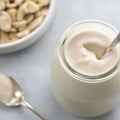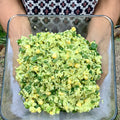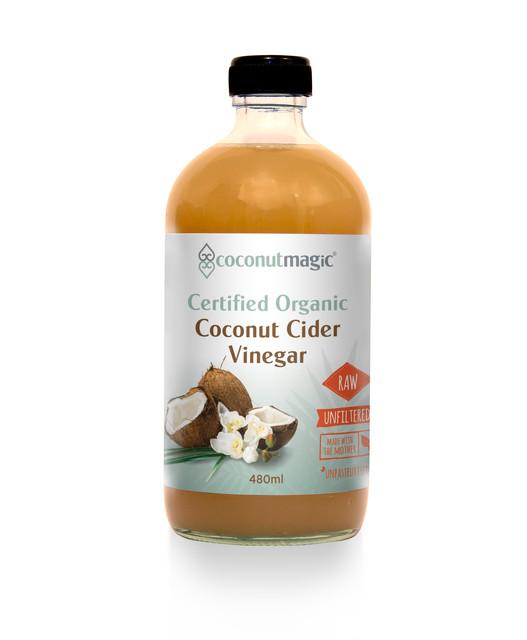Climate change is the most pressing human security issue we, as humanity, face. It is the issue that will intensify all others. We are already seeing the effects of extreme weather leading to civil war, natural disasters and rising sea levels. We go about our daily lives whilst our leaders engage in climate talks and negotiations making targets and promises that may or may not eventuate. We seem to be missing the idea that we as individuals have power; we can make a difference with the actions we take each and every day.97 percent of climate scientists agree that human induced greenhouse gas emissions are extremely likely (as in 95-100 percent certain) to have been the cause of observed global warming since the mid 20th century. The fact that climate skeptics, in places like our parliament and national newspapers still routinely debate this consensus beggars belief. One question I always find myself wondering is: why would climate scientists lie? Australia’s lack of action on climate change has seen us awarded the worst rating of ‘very poor’ at the G20 summit in China last month. Yes, really.
Something as simple as what we choose to eat can have a major effect on climate change yet this does not seem to be on the agenda. It is surprising how few people know the effect the animal agriculture industry has on our planet—I didn’t know eighteen months ago. Animal agriculture is directly responsible for 18% of all greenhouse gas emissions. That is more than our entire transport sector. People seem to find this surprising, even hard to believe, but is it really?
There are just over 7 billion people in the world and every year we raise and slaughter 56 billion land animals for food. These are living breathing, eating, drinking and secreting animals that we breed and raise just for our consumption, and there are eight times more of them than us—how could they not be effecting our environment?
30% of our planet’s ice-free land is used for animal agriculture. Contrary to what some might argue, the land used is not otherwise unworkable land. It is arable land that could be used to grow crops to feed directly to humans. It is habitat to native plants and animals. It is rainforest cleared to make way for more and more animals to graze or mono crops to feed them. In fact, animal agriculture is the single biggest destroyer of rainforest and is responsible for 90% of the deforestation of the Brazilian Amazon.
One third of our fresh water supply is used for animal agriculture—to irrigate feed crops and for the direct consumption of these farmed animals. Even the run off from industrial farms like animal waste and the pesticides and chemical fertilizers used for agriculture, is contaminating rivers and is a significant cause of loss of biodiversity and ocean dead zones (marine environments lacking adequate oxygen to support life).
The vast majority of greenhouse gas emissions from animal agriculture are from methane and nitrous oxide, which have a much greater warming potential in the near term than carbon dioxide. If we are to reach our proposed warming targets of no more than two degrees Celsius, there has got to be a drastic decrease in animal agriculture.
If meat and dairy internalized the cost it has on the planet, we wouldn’t be able to afford to eat it, and perhaps we shouldn’t. Or at least we should significantly reduce our consumption. We can generate change through our role as a consumer. It is the most immediate and effective way that we can force industry and governments to listen and respond to the changes we want.
We have the privilege to vote with our wallets. We can make choices to benefit our planet. We can choose to support local farmers and purchase mostly organic produce. We can consciously choose what goes onto our plate and into our bodies because we realise our choices have consequence. You as an individual do have a say, you do have power and you can help to stop climate change starting today.












